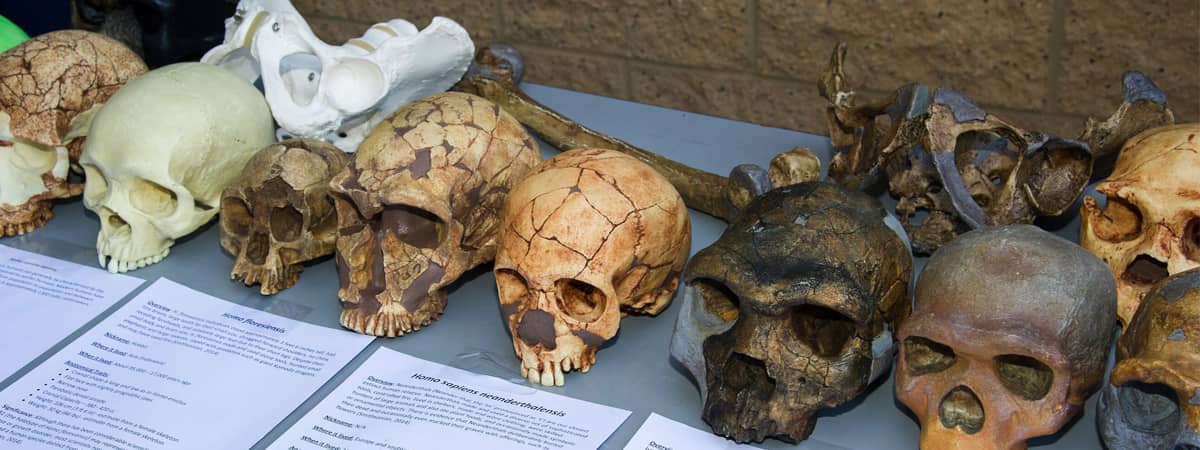Explore Humanity with Anthropology
Interested in how humans and cultures have evolved? Anthropology examines our biology, language, and traditions to better understand ourselves and the world.
Prepare for transfer to a four-year university and careers in:
- Education
- Healthcare
- Museums
- Social work
- Government & non-profits
- Forensics & publishing
What You’ll Learn:
- Human biological and cultural variation
- Anthropological concepts and terminology
- Cross-cultural understanding
- Research, analysis, and teamwork skills
- Civic and ethical awareness
Degrees and Certificates Offered
Each program has unique requirements. The order in which you take courses may affect your completion time. Visit the links below to view the program requirements and a general semester-by-semester course schedule.
Associate in Arts for Transfer- Anthropology
To view all available degrees and certificates visit the Allan Hancock College course catalog.
Programs you may also be interested in exploring:
Contact Information
Department Chair
Roger Hall
805-922-6966 ext. 3427
rhall@hancockcollege.edu
Department Administrative Assistant II
Gia Guerrero
805-922-6966 ext. 3334
gia.guerrero@hancockcollege.edu
Dean, Academic Affairs
Monica Millard, PhD, RN
805-922-6966 ext. 5203
monica.millard@hancockcollege.edu
Location
Santa Maria CampusBldg. C, Rm. 28
805-922-6966 ext. 3732


